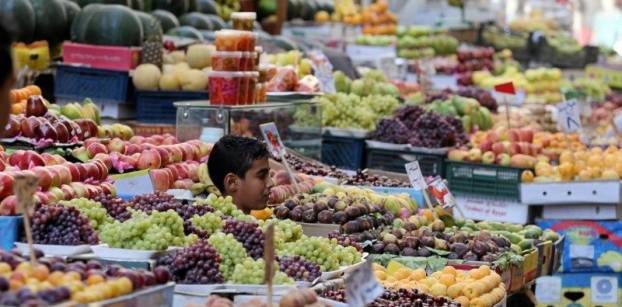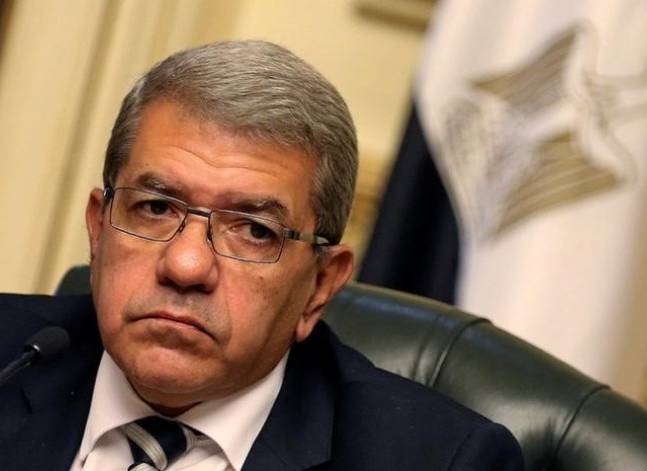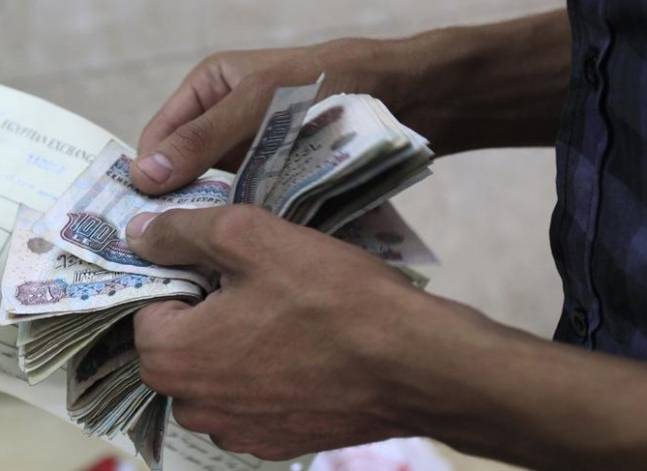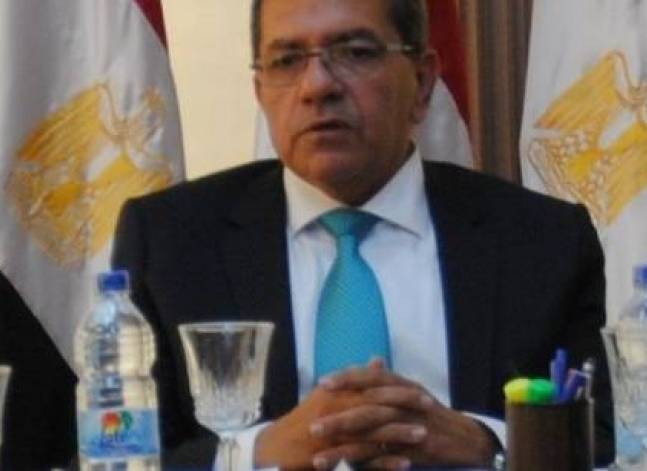Latest NEWS
- Aswat Masriya, the last word
- Roundup of Egypt's press headlines on March 15, 2017
- Roundup of Egypt's press headlines on March 14, 2017
- Former Egyptian President Hosni Mubarak to be released: lawyer
- Roundup of Egypt's press headlines on March 13, 2017
- Egypt's capital set to grow by half a million in 2017
- Egypt's wheat reserves to double with start of harvest -supply min
- Roundup of Egypt's press headlines on March 12, 2017
Egypt's annual urban consumer price inflation rises to 30.2 percent in Feb
An Egyptian vegetable seller is seen at a market in Cairo, Egypt June 15, 2016. Picture taken June 15, 2016. REUTERS/Mohamed Abd El Ghany
Egypt's annual urban consumer price inflation has soared to its highest level in more than three decades, hitting 30.2 percent in February, statistics agency CAPMAS said on Thursday.
It was the fourth consecutive monthly jump in inflation since the central bank abandoned its currency peg to the U.S. dollar on Nov. 3 in a dramatic move that has since seen the currency depreciate roughly by half.
Urban consumer price inflation had reached 28.1 percent in January year-on-year. The February number is the highest level since November 1986, when it reached 30.6 percent, according to Reuters data. (For chart, click http://reut.rs/2mExYx8)
Core inflation also jumped, reaching 33.1 percent in February, compared with 30.86 percent in January.
The central bank accompanied the November float with a 3 percent interest rate hike to fight price pressures but inflation is expected to keep climbing as the government pushes on with economic reforms, including fuel subsidy cuts.
Monthly urban consumer inflation eased to 2.6 percent in February from 4.07 percent in January.
"We expect headline inflation to remain elevated at similar and higher levels until Q4 2017, at least, as the pass-through effect from the higher FX rate continues, albeit at lower levels," said Reham ElDesoki, senior economist at Arqaam Securities.
The economic reforms helped Egypt secure a $12 billion loan programme from the International Monetary Fund in November.
President Abdel Fattah al-Sisi is under increasing pressure to revive the economy, keep prices under control and create jobs to avoid a backlash from the public.
On Tuesday hundreds of Egyptians protested around the country, blocking roads and surrounding government offices, after a change to the way bread rations are managed raised fears that the government was cutting food subsidies by the back door.
In cities and towns, food and beverage inflation reached 40.5 percent year on year in February. Clothing and footwear inflation reached 23.4 percent while transport inflation reached 28.8 percent annually, the statistics agency said.
"The prices are very expensive, nothing is getting cheap. People are buying much less, instead of 2 kilos, they get 1.5, tightening the belt until things get better," said Abdullah Mohsen, a vegetable seller at a market in Cairo.
"Traders have hiked up the prices of the vegetables we buy in bulk, and it's unimaginable. I've never heard of aubergines or beans selling for these prices."
Some economists expect higher inflation to erode spending power, hit economic growth and prompt further hikes to interest rates, which are already up to 15.75 percent.
Egypt's central bank has held interest rates steady at three monetary policy meetings since the currency flotation although some economists expect further rate hikes this year. The central bank's monetary policy committee is due to meet on March 30 to decide on its key rates.
IMF mission chief for Egypt Chris Jarvis said in January the fund expects inflation to begin dropping sharply by the second quarter of 2017.















